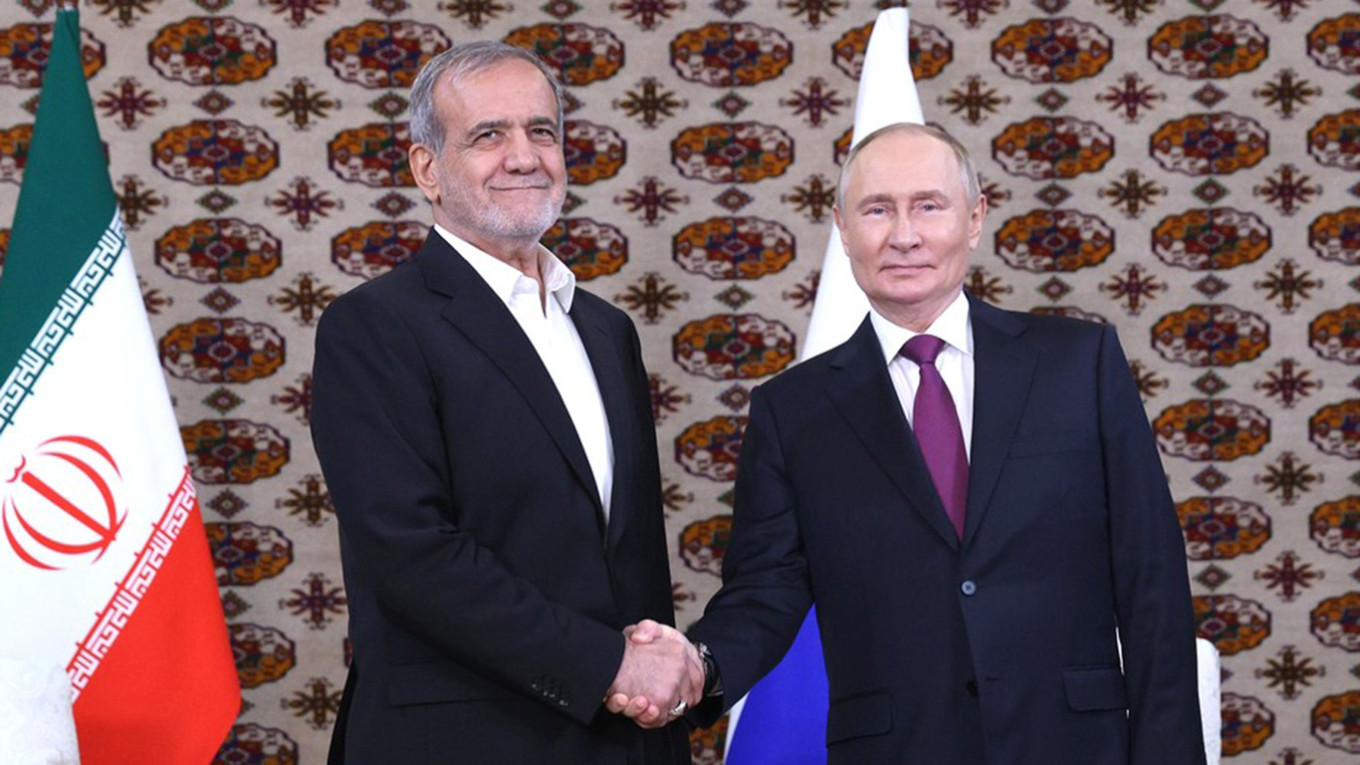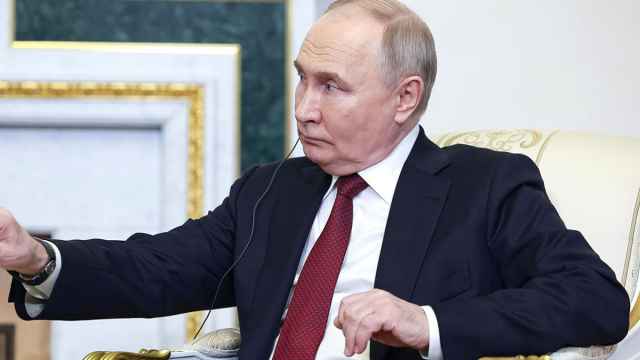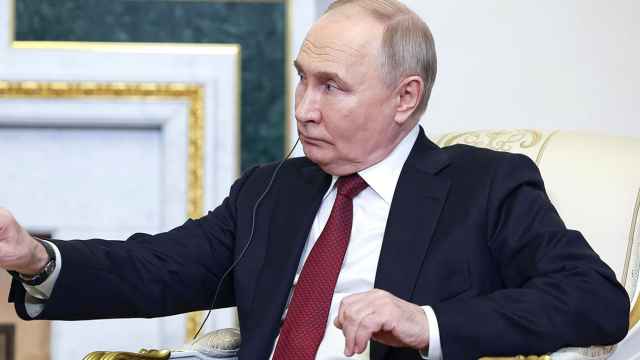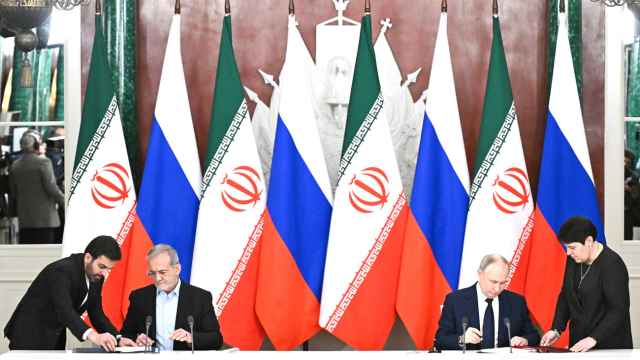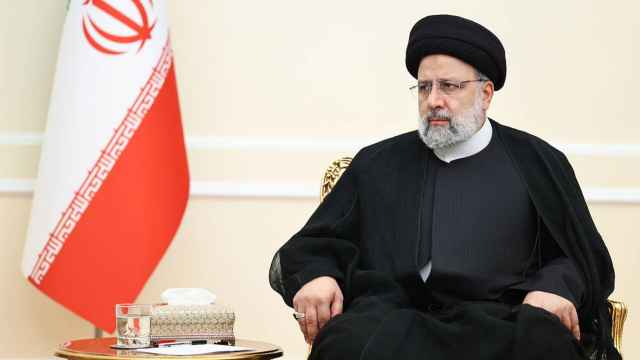Vladimir Putin and Iranian President Masoud Pezeshkian on Friday hailed their "close" views on world affairs, with the Russian leader saying ties with Tehran were a "priority" for Moscow.
The pair held a meeting in Turkmenistan, one of the world's most secretive states, amid soaring tensions in the Middle East, with Israeli air strikes on Lebanon's capital Beirut that it says are aimed at Iran-backed militant group Hezbollah.
Relations between Russia and Iran — both under Western sanctions — have strengthened significantly since the Kremlin sent troops into Ukraine in 2022, with Tehran widely believed to be supplying Moscow with weapons.
"Relations with Iran are a priority for us, they are developing very successfully," Putin said. "We are actively working together on the international arena, and our views of events in the world are often very close."
According to a Russian translation, Pezeshkian said relations between the two countries are "sincere."
"Our positions on the international stage are similar," he said.
He said the situation in the Middle East is "difficult," saying "the USA and Europe do not want the situation to calm down."
In a short video published by a Russian state TV reporter, Pezeshkian accused Israel of bombing civilians and being backed by Western powers, according to a Russian translation.
The leaders are meeting for the first time at a regional summit in the Central Asian country.
The Kremlin earlier said the two will discuss mutual relations as well as the situation in the Middle East.
Pezeshkian will also hold talks with Putin during a visit to Russia later this month to attend the new BRICS summit.
He was inaugurated in late July, taking office after his predecessor died in a helicopter crash.
A Message from The Moscow Times:
Dear readers,
We are facing unprecedented challenges. Russia's Prosecutor General's Office has designated The Moscow Times as an "undesirable" organization, criminalizing our work and putting our staff at risk of prosecution. This follows our earlier unjust labeling as a "foreign agent."
These actions are direct attempts to silence independent journalism in Russia. The authorities claim our work "discredits the decisions of the Russian leadership." We see things differently: we strive to provide accurate, unbiased reporting on Russia.
We, the journalists of The Moscow Times, refuse to be silenced. But to continue our work, we need your help.
Your support, no matter how small, makes a world of difference. If you can, please support us monthly starting from just $2. It's quick to set up, and every contribution makes a significant impact.
By supporting The Moscow Times, you're defending open, independent journalism in the face of repression. Thank you for standing with us.
Remind me later.


